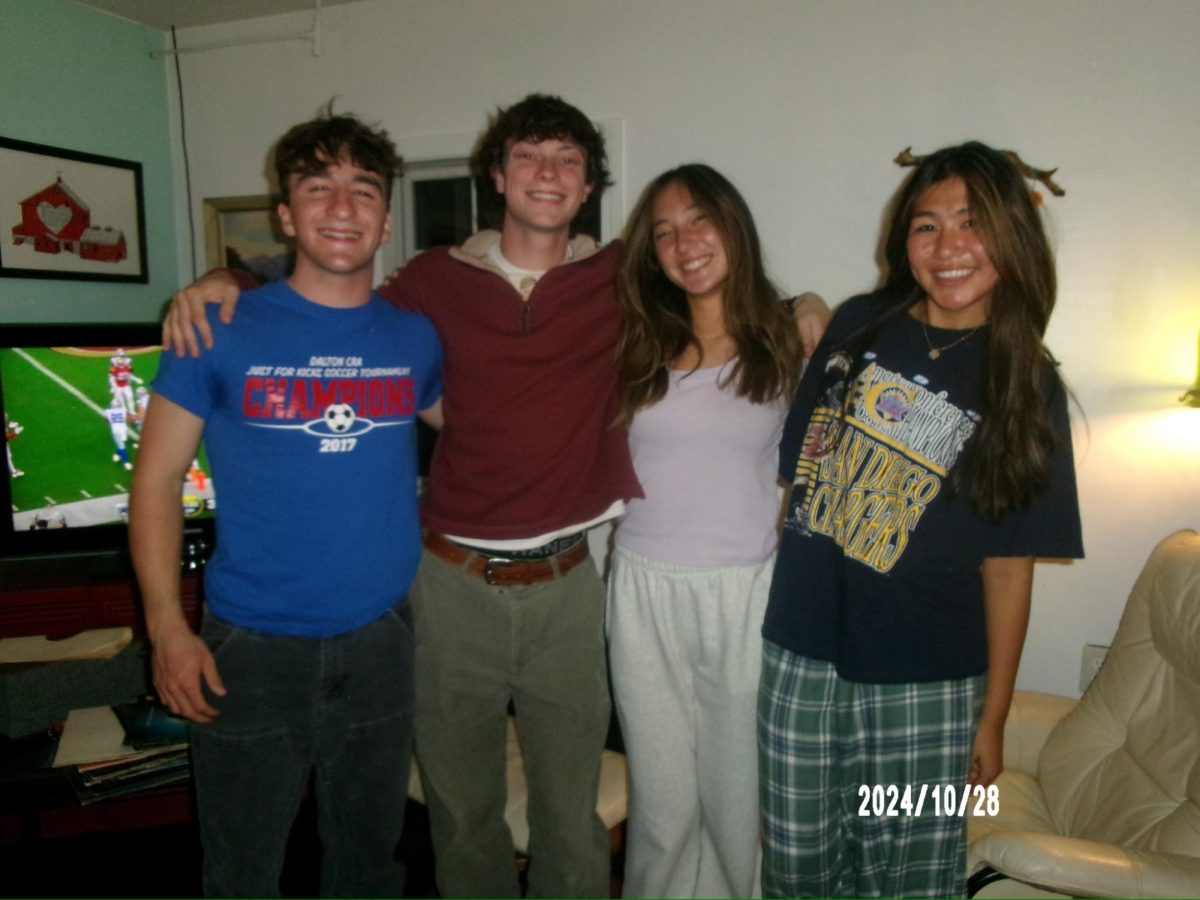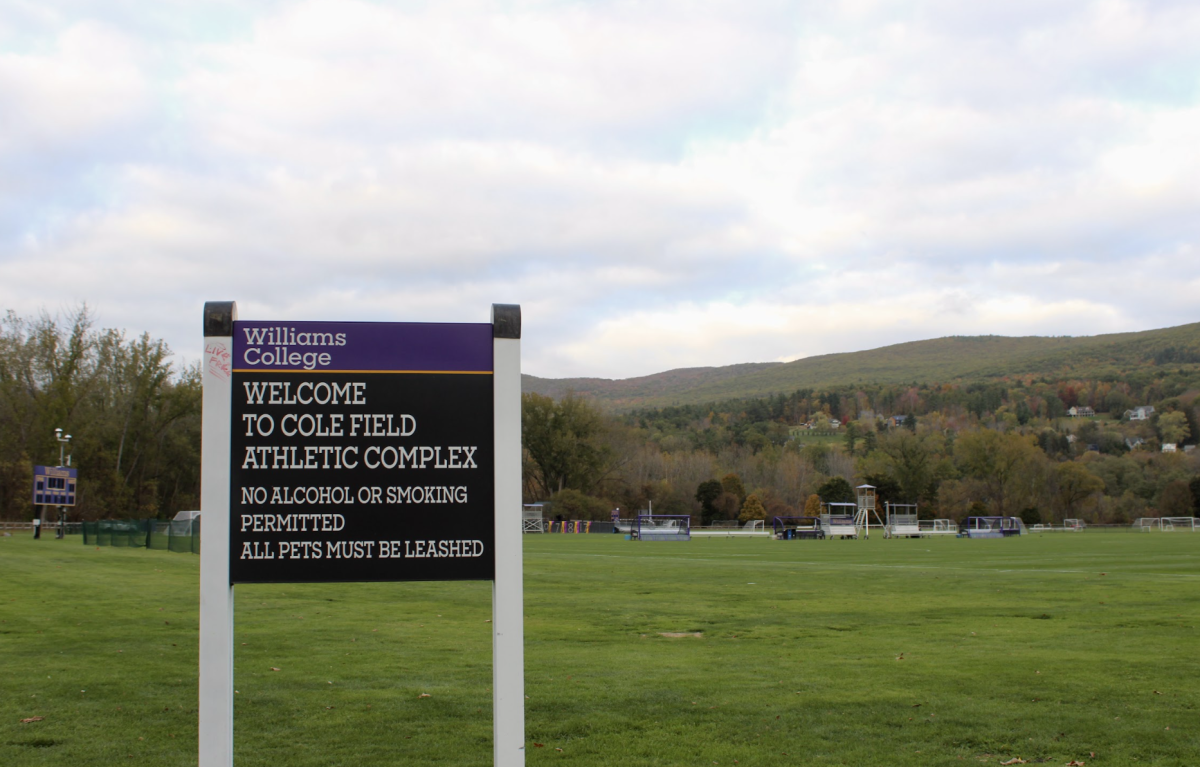
If you’ve seen saboteurs from other dorms unplugging communal fridges, tripping in a dark stairway, or using your building’s laundry machines, you’ve stumbled onto the machinations brought about by the Zilkha Center for the Environment’s (ZCE) Residential Energy Competition. The contest, which began Sept. 19 and will run through Oct. 2, pits dorm against dorm to see who can most reduce their building’s energy consumption.
The Zilkha Center organized the competition to encourage students to reduce their energy usage and collect information on whether motivated individuals could successfully make an impact on group energy consumption. “The overall goal of this is to change behavior and energy consumption among the student body,” ZCE Sustainability Coordinator Alex Martone told the Record. “We’re curious to get the data and see how much of a percent in energy reduction they’re making, so we can see how much control [students] have.”
According to Martone, this is not the College’s first energy competition. “If you go on Willipedia, this dates back to 2005,” she said. “There was an energy competition, I think, with just the residential dorms on campus.” Indeed, Willipedia claims the subsequent “Do It In the Dark” competition of 2006 saved the College $10,000 and earned a shoutout from New York Times columnist Thomas Friedman.
To level the playing field between buildings of different sizes and energy capacities, the ZCE compares current energy usage to consumption data from the past three years, adjusted for weather and occupancy, Martone said.
Competitors can track their progress on posters hanging in non-residential buildings across campus, which show whether each dorm is above or below previous years’ consumption. Notably, the posters don’t include information for the Goodrich and Horn residences due to complications with the buildings’ meters, according to Martone. “We’ve had issues with the meter reading, and we’re planning to troubleshoot,” she said.
According to the College’s sustainability website, the senior co-op with the largest decrease in energy consumption will receive a pizza party. First-year, sophomore, and junior residents of the victorious dorm will all receive one housing point.
Housing points advance a student’s position in the housing lottery process for the following academic year. The high stakes have driven some students to employ unorthodox tactics to secure a dormitory victory. Alden May ’27, a Junior Advisor, said that the laundry room in Fayerweather (Faye) has been at the epicenter of many of these unconventional strategies.
May was awoken one morning last week by a Campus Safety Services officer at his door who informed him of a rule violation in the laundry room basement. “He took me downstairs, and all the washers were unplugged, and all of them had paper plates on them that said they were out of order,” he said.
May also recalls seeing a drying rack in the laundry room that he believes a student placed for communal use. “I guess in the case that someone plugged the washers back in, [students] would use the drying rack,” he said.
It is unknown if the implementation of the out-of-order signage was part of a plot to swindle potential launderers or a genuine misunderstanding of the situation.
The unplugged laundry machines aren’t the last of the laundry-related shenanigans. “The big thing is that people have been going to other buildings to wash their clothes, especially around Currier Quad,” May continued.
Given the high energy toll of laundry, using other dorms’ machines could be considered sabotage. “I do think it’s sabotage in a way, because we are increasing Prospect’s energy consumption,” Fayerweather resident Jaipal Dohil ’29 said. “It is self-preservation as well because we’re decreasing Faye’s energy consumption.”
Dohil said it’s not just Fayerweather residents who are engaging in the so-called sabotage of other residential buildings. “Someone on [the] Faye 1 [GroupMe] said, ‘Beware, I saw an East dweller using our laundry room. So be on the lookout,’” he said.
In addition to laundry machines, communal fridges also fell victim to the unplugging. “[Someone] unplugged this fridge while there was food still in it,” May said. “[Facilities] was like, ‘We’re gonna have to throw this food away.”
Students in Fayerweather are also reducing their energy usage in the easiest and simplest way: turning off the lights. “One time I went down to the basement and someone had a little lantern on for this big basement room,” May said. “I was meeting someone to study and we studied in the dark and went along with it… I’ve definitely seen a lot of people, particularly in the basement, sitting around in the dark.”
Dodd residents are also curbing their light usage to conserve energy. “I walked straight into someone in the Dodd hallway because the lights were off,” William Ling-Regan ’28 told the Record in an interview.
While the competition will officially end on Oct. 2, it won’t be the last time the Zilkha Center will monitor students’ energy consumption this year. “From the research we’ve done, it’s obvious to see that sometimes there’s pendulum swings in energy saving behavior,” Martone said. “After the competition is over, people are like, ‘Okay, now I can just keep the lights on forever. At least now, I don’t have to care about it.’ That’s why we’re doing a surprise competition at some undisclosed time throughout the academic year… And there’s going to be another fun prize for that too.”
The Zilkha Center said it hopes to continue the competition and potentially add new features to it in future years. “We want this to be an annual thing,” Martone said. “We want to make this better, and we want there to be a kickoff symposium event at the beginning of the year next year. Maybe it becomes one of those Williams [traditions] like Mountain Day.”







